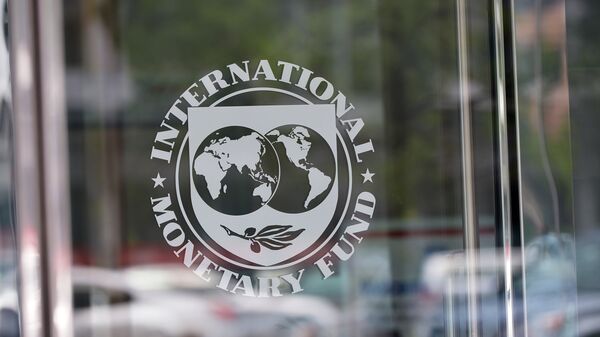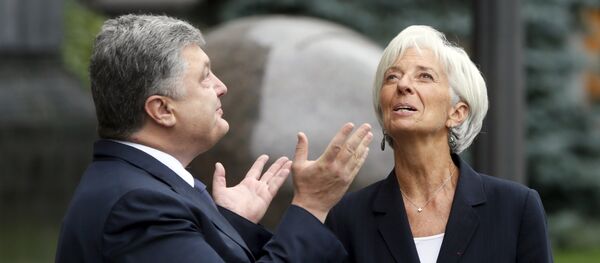"China faces mounting risks to financial stability as credit continues to rise rapidly," the report stated. "China’s bank assets are now more than triple its GDP, and other nonbank financial institutions also have heightened credit exposure."
The Fund explained that many Chinese financial institutions still depend too much on wholesale funding coupled with fairly large asset liability mismatches, elevated liquidity and credit risks.
"Recent turbulence in money markets illustrates the vulnerabilities that remain in China’s increasingly large, opaque, and interconnected system," the report said.
The IMF said the Chinese authorities have already implemented substantive corrective measures to deleverage the financial system, but advised Beijing to pay attention to banks’ emerging risks such as fast asset growth among smaller banks and growing reliance on wholesale financing.
"Staving off further bouts of market instability — and ultimately, macro instability — will require measures to address the policy tension between maintaining a high level of growth and the need for deleveraging," the report concluded.
The People’s Bank of China hiked its interest rates earlier this year as well as tightening money supply in an effort to stem the country's excessive credit, private debt and the housing bubble. A policy shift from monetary to fiscal also took place after growth rates slumped to a 25-year low in 2016.
In March, Chinese Premier Li Keqiang warned against risks associated with bad loans, bond defaults and shadow banking and announced a monetary policy shift from "moderate" to "moderately neutral."
Never miss a story again — sign up to our Telegram channel and we'll keep you up to speed!





